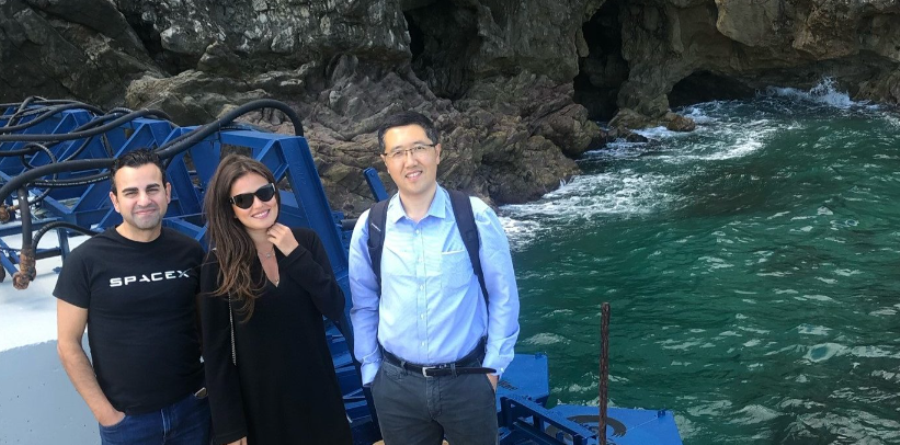Eco Wave Power Global has won a £1.5 million grant as part of a consortium led by Toshiba (U.K.) and Aquatera (U.K.) to design a pilot microgrid project for a remote island in Thailand.
The £1.5 million grant is part of Innovate UK’s Energy Catalyst program Round 10, which supports U.K. and international businesses and organizations in developing market-focused technologies that provide clean, affordable and accessible energy.
The consortium is led by Toshiba Europe, Aquatera and also includes Hitachi Energy and teams from the University of Manchester, the University of Exeter, the Asian Institute of Technology (AIT), and the Queen Mary University of London (QMUL). The consortium will utilize the onshore Wave Energy Converters (WECs) developed by EWP and implement advanced technology developed by the corporate partners and the university teams.
Eco Wave Power was selected by the parties as Eco Wave Power’s WEC offers several competitive advantages including cost-efficiency, insurability, reliability, environmental friendliness, and a forecasted attractive levelized cost of energy for low-income residents in islands, in comparison to solar and diesel generators.
New technology to be developed as part of the project will include the development and deployment of:
- novel and predictive control systems;
- a radar system to forecast wave heights to help avoid hazardous conditions and maximize WECs energy generation;
- a fully AI-based load and generation prediction system; and
- wireless, distributed energy management system to provide electricity without expensive lithium-ion batteries.

